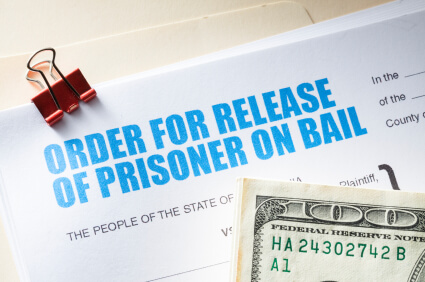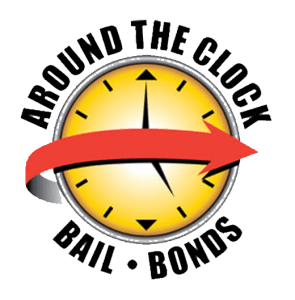What You Need To Understand About Bail Bond Forfeiture
Bail bonds are agreements that allow a defendant to wait outside of jail for upcoming court hearings on the condition a certain amount of money is paid to officials. That money is returned later if all court dates are made by the defendant. If something goes wrong, then a forfeiture might occur. You should understand the details of bail bond forfeiture.
What Forfeiture Is
Bail bond forfeiture occurs when a person who was released on bail does not show up for a scheduled court appearance. The court will inform the defendant and people who paid the bail about the impending forfeiture. A period of a few days to a month will pass depending on the jurisdiction. If the defendant does not report to the court in this time, then the forfeiture will go through. This means any money put up for the bond will be taken by the court and not usually returned. If a bail bond agency acted as surety and charged just a percentage, then the full amount will be due to the agency upon forfeiture. This can sometimes lead to seizing the assets of the client or lawsuits.
Preventing Forfeiture
Preventing forfeiture relies on ensuring that the defendant goes to every scheduled court date until the trial is over and the money is returned. If you are the defendant, then simply showing up on time for all court appearances will prevent any forfeiture. If you are not the defendant, then there are a few options:
- Constant Supervision or Monitoring
- Provide a Valid Excuse for Non-Appearance
- Find the Defendant
The first option is to provide constant supervision of the defendant. This usually means keeping the person in or near the home as much as possible if there is any risk of flight. Alternately, you can sometimes request electronic monitoring from local police although there is a daily charge for that service. If you paid for the bond and think the defendant will flee, then you can contact law enforcement and have the person placed back in jail.
If the defendant does not show up and forfeiture notices are issued, then you have a chance to present an excuse to the judge for the non-appearance. Only a few excuses will make much of a difference. The defendant needs to be incapacitated in some way, confined for a valid reason or seriously ill with proof. The location of the defendant needs to be known to stop forfeiture.
If the defendant actually skipped bail, then preventing forfeiture will involve finding that person. Some states allow for skip tracers or bounty hunters to do this while others do not. You could have a few days or weeks to find the defendant before the forfeiture is finalized. Returning the defendant to court or law enforcement will solve the problem.
What to Do After a Forfeiture
Not much that can be done after a forfeiture is finalized by the courts. If you are working through a bail bond agency, you might be able to request a payment plan. Some courts will also institute a payment plan if you did not have to pay the full amount upfront. A legal option is to get a lawyer and file for a remission of forfeiture. You do this in the same court where the forfeiture was ordered. Remission of forfeiture allows you to present your case for why the money from the bond should be return in full or in part. You can potentially get all your money back. The only other thing to do is continue looking for the defendant in the hopes the court will vacate the forfeiture if the individual is returned quickly.





